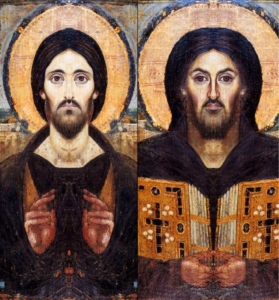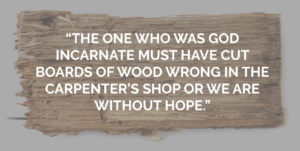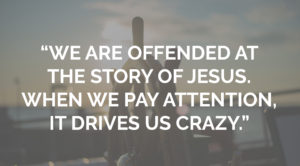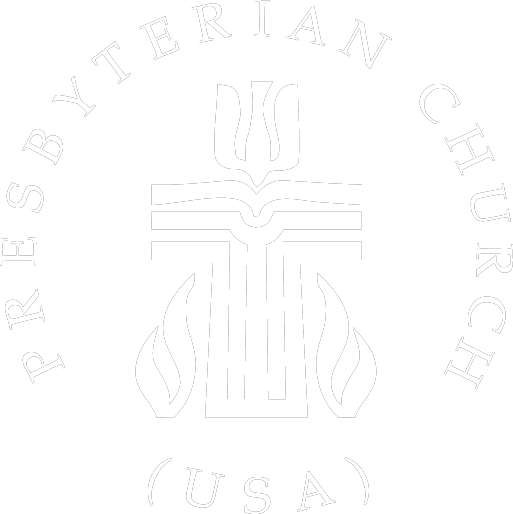On February 16, 2020, David Anderson preached on Mark 7. You can access that full sermon by clicking HERE.
The story is of a woman who comes to Jesus asking him to cast out an evil spirit from her daughter.

She was not Jewish, in fact she would be a person whose parentage was hated by Jews. It was raised that Jesus was less than flattering to being downright abusive toward the woman by referring to her as a “dog”, which was certainly indicative of the prejudice Jews felt toward this “Canaanite” or “Syrophoenician” woman.
There were a number of questions asked about Jesus.
Foremost among them was, “Could Jesus be racially prejudiced?” He was after-all Jewish – raised and influenced by Jewish norms and behaviors and yes, prejudices. This only leads to more questions!
Was Jesus fatigued and grumpy?
Was he simply weary of the demands of others?
Throughout the centuries, dating back to the earliest years of our existence, the Church has debated these questions about Jesus’ full humanity.
In A.D. 325, a council was convened in Nicaea to clarify what the Church believed about Jesus and his divinity and his humanity. “Arius, a priest of the church in Alexandria, asserted that the divine Christ, the Word through whom all things have their existence, was created by God before the beginning of time. Therefore, the divinity of Christ was similar to the divinity of God, but not of the same essence.” The Nicene Creed countered this by declaring that Jesus was “begotten, not made” and “true God from true God.” He was truly God. A couple of sentences later it affirms that Jesus was “incarnate of the Holy Spirit and the Virgin Mary and became truly human.” From then on, the orthodox belief of the Church has been that Jesus is both fully God and fully human.
 The technical term is “hypostatic union” – Jesus is both fully God and fully human.
The technical term is “hypostatic union” – Jesus is both fully God and fully human.
This has been challenged throughout our existence as Church, but it has been consistently re-affirmed. Quite the problematic assertion. At different times in my thinking and life, like the Church universal, I’ve had difficulty with one side or the other of the argument. Trying to stay in the mystery and challenge of what the Church asserts has been the hardest thing.
Why does it matter?
I want to simply think about the second half of this relationship. Jesus is fully human. Many will assert his divinity over his humanity but the Church continues to reject it. Why?
Last week I attended a pastor’s retreat at Serra Retreat Center in Malibu. Dr. Cynthia Rigby, professor of theology at Austin Seminary, was the speaker. In a reflection on the retreat, Forrest Claassen (Dorothy Claassen’s son) quoted Rigby,

The good news of the gospel is that Jesus has become fully human, he’s one of us, he is with us.
What David’s sermon raised makes us uncomfortable. Can Jesus truly be one of us?
Could he start out racist?
Could he be fully human?
Rigby says if he didn’t participate in our failures then we are without hope. (Don’t misread me here – you don’t have to participate in each sinful behavior to know the human condition as being something other than what God intended.) But can Jesus, as God’s Son, overcome culture influence, even at its most unconscious influence? Rigby would say yes. The Nicene Creed would say yes. Otherwise, this God becoming human isn’t real.
If Jesus can’t be affected or infected by humanity’s dark side, how does it get redeemed? How does he know what you’re going through?
Empathy is the ability to understand and share the feelings of another. The week before I suggested that Jesus wants to climb into the mess that is our lives, the strain and the challenge. He wants to get in the boat with us while the wind blows against us. I believe this is an example of Jesus being subject to the dangers of human frailty. He climbs right in. And then, and only then, the winds cease. Paraphrasing the Danish theologian Soren Kierkegaard, Rigby said,

Holding Jesus’ full humanity with his full divinity drives us crazy.
Whether you knew it or not, last Sunday’s sermon invited you into the messy conversation the Church has been having for thousands of years. Any attempt to reconcile it in one direction or the other, domesticates the Gospel. We are better when we let the tension move us and challenge us. To what depth will Jesus’ go to rescue human failure? I am trusting that he is willing to go a good deal further than I am willing to admit. I want to let Jesus be Jesus and learn from him.

Cynthia Rigby quoted a story from the Chronicles of Narnia by C.S. Lewis. Lucy, one of the children from England, upon returning to Narnia for the second time, finally sees Aslan, the Great Lion and Christ figure in Lewi’s stories. After a playful reunion, she exclaims that Aslan is bigger than she remembered. Aslan’s response is that it is so because she is bigger. Then Aslan says to her that each year she grows he will grow as well.
We will never master Jesus.
As our knowledge/experience of Jesus increases, we will be shown how small our knowledge is and how much bigger he becomes. Every year we grow, he will grow. Lewis says of Aslan that he is not a tame Lion.




I love the quote from Rigby-“The one who was God incarnate must have cut boards of wood wrong in the carpenter’s shop or we are without hope” I can better relate to Jesus’ humanity and my own imperfections through this quote.
ALL MAKES SENSE AND THE WAY I WAS TAUGHT. THE WORD OF GOD IS REFLECTED IN THE CREEDS.. HEBREWS 4:15 COMES TO MIND!! Thanks for the reminder in TRUTH!!
Carol, I’ve been thinking about that quote since I started formatting this post. It’s very comforting for me!